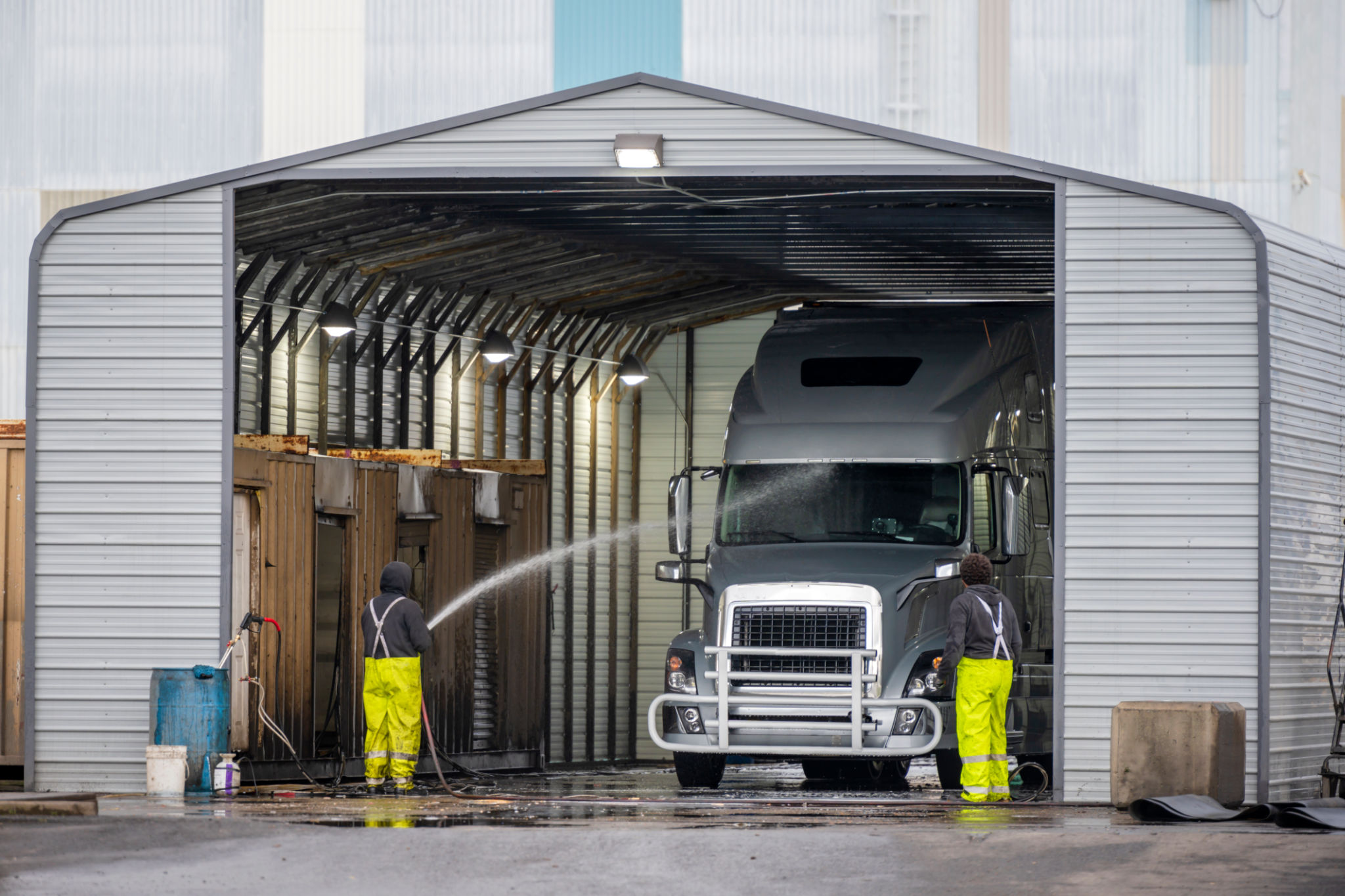Navigating Local Regulations for Fleet Vehicle Cleaning in Washington DC
Understanding Local Regulations
Operating a fleet of vehicles in Washington DC comes with numerous responsibilities, one of which is ensuring that your fleet is cleaned and maintained according to local regulations. Understanding these rules is crucial for avoiding fines and ensuring that your business operations run smoothly. In this guide, we will explore the key regulations that govern fleet vehicle cleaning in the district and provide tips on how to comply effectively.
The first step in navigating these regulations is to familiarize yourself with the environmental laws specific to Washington DC. These laws are designed to protect the local environment from pollutants that can result from improper vehicle washing practices. It is essential for fleet managers to stay updated on any changes to these regulations to ensure ongoing compliance.

Fleet Washing Permits and Licenses
One of the fundamental requirements for fleet vehicle cleaning in Washington DC is obtaining the necessary permits and licenses. The district mandates that businesses involved in vehicle cleaning secure proper authorization, which often involves submitting detailed applications and undergoing inspections. It's important to research and apply for these permits well in advance to avoid operational delays.
Moreover, businesses must adhere to specific standards regarding water usage and waste management during the cleaning process. Using environmentally friendly products and methods can not only help in complying with regulations but also promote sustainability, a growing concern among consumers and businesses alike.

Choosing the Right Cleaning Methods
When it comes to selecting cleaning methods for fleet vehicles, it's crucial to consider techniques that align with local regulations. Washington DC encourages the use of water-saving technologies and biodegradable soaps that reduce environmental impact. Implementing such practices can be beneficial not only for compliance but also for cost savings in the long run.
Many fleet operators opt for mobile washing services that come equipped with tools and products designed to meet regulatory requirements. These services often have professionals who are well-versed in local laws and can ensure that your fleet is cleaned efficiently and legally.
Employee Training and Compliance
A critical aspect of complying with fleet vehicle cleaning regulations is ensuring that your team is properly trained. Employees should be aware of the legal requirements and best practices for vehicle washing to avoid any inadvertent violations. Regular training sessions can be an effective way to keep everyone informed about the latest standards and techniques.

Providing employees with comprehensive guidelines and checklists can also help maintain consistency in cleaning practices. This not only enhances compliance but also improves the overall quality of your fleet maintenance program.
Staying Informed on Regulation Changes
Navigating local regulations is an ongoing process, as laws can evolve over time. Staying informed about any changes in Washington DC's environmental policies is crucial for maintaining compliance. Subscribing to local government newsletters or joining industry associations can provide valuable updates on regulatory changes.
Additionally, consulting with legal experts or compliance consultants can offer insights into how new regulations might affect your operations. Being proactive in adapting to these changes can save your business from potential fines and ensure continued success.

Conclusion
Effectively navigating local regulations for fleet vehicle cleaning in Washington DC requires a commitment to understanding and adhering to environmental standards. By obtaining the necessary permits, choosing sustainable cleaning methods, training employees, and staying informed on regulatory changes, businesses can maintain compliance and contribute positively to environmental conservation efforts. Implementing these strategies not only protects your business from legal issues but also enhances its reputation as an environmentally conscious operation.